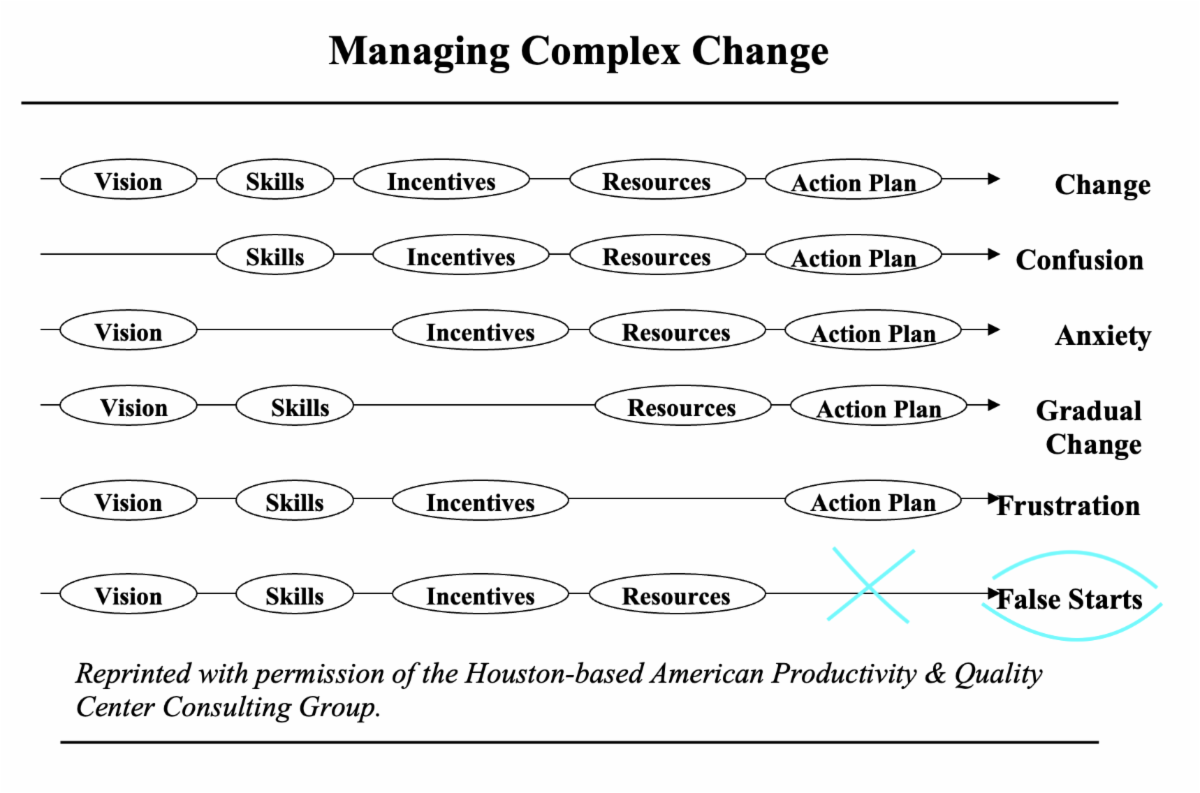| (2 minute read) |
 |
 | Action Plan is a step-by-step plan that one sticks to until completion. |
(2 minute read)
Have you tried lots of different strategies, different therapies, different therapists, each one for a really short time? Say, you tried praising for one week, time-outs for two weeks, validating for one more whole week, but nothing is working? Do you feel like you’re going nowhere fast??
Of the five important ingredients, the final one is Action Plan. When there is none, it leads to false starts.
What does an action plan mean? Once you’ve done sufficient research and decided on a specific type of therapy or set of strategies, it means sticking to the program!
For example, if you’re doing a reward system and the child earned the prize the first week, guess what you do the second week? You continue the reward system! You don’t stop just because the child earned the prize already. You find another (inexpensive) prize or privilege that the child will earn next. This gets repeated until the behavior becomes habit.
Remember that some skills take longer to learn and it’s important to be patient.
How do you know if it’s time to move on from your original action plan? Ask yourself a few questions.
1. Did you give it enough time? (Consult another professional on how much time it should take to see progress in your particular situation, considering the child’s diagnosis and the type of skills being taught.) Generally, within 1-3 months, you should have seen real change, such as the child being more acutely aware of her red and green behaviors and being able to stop herself from doing some reds, despite not yet having full self-control.
2. Is the child moving in an upward direction? Perhaps it’s not as fast as you had hoped, but is it steady and relatively consistent progress?
If you gave the therapy enough time, say three solid months of weekly sessions along with consistent homework and follow-through, yet the child is still behaving the exact same way as she did in the past or the school is still calling with the same complaints, then it might be time to reconsider the action plan.
Of course, there are exceptions to this rule. One example that comes to mind is a child who is living in an abusive home environment. In such a case, the behavior problems won’t stop until the abuse stops. But therapy would be a critical and necessary safe haven for the child. It would be an island of sanity for the child, and for that alone, therapy should continue.
Good luck with your action plans this week!
Yours,
Dr. Devora
